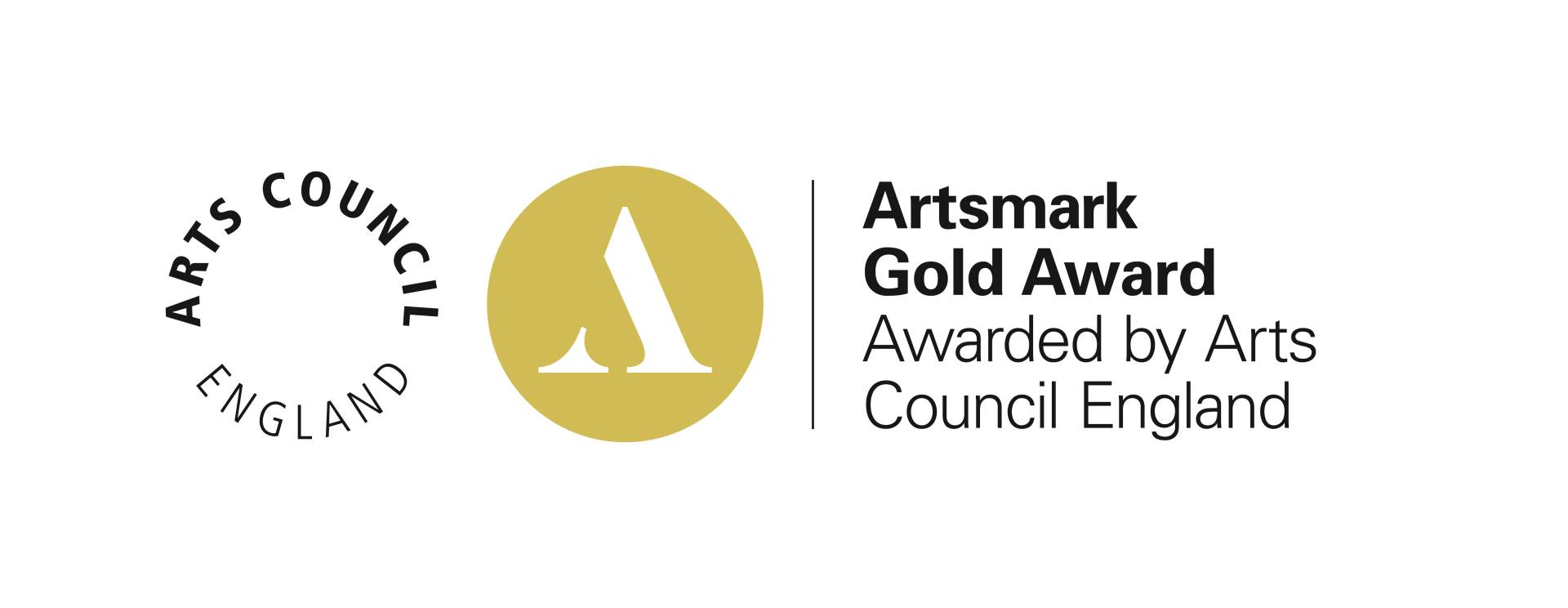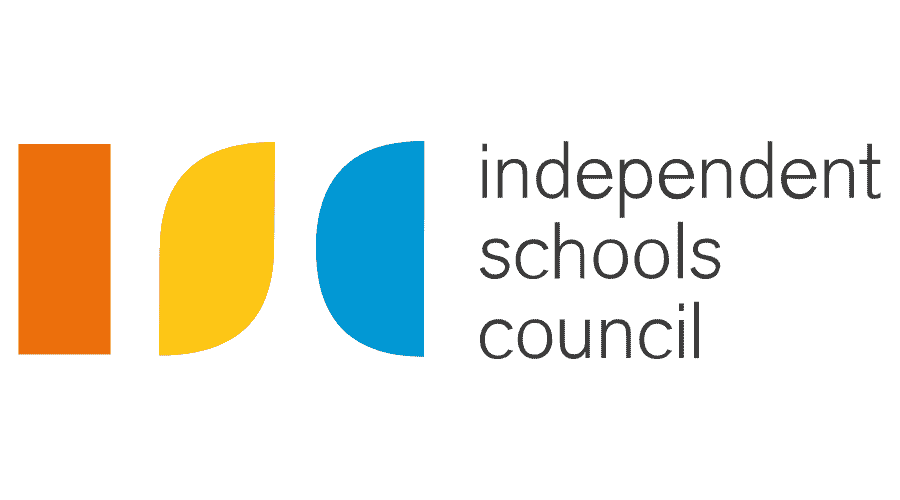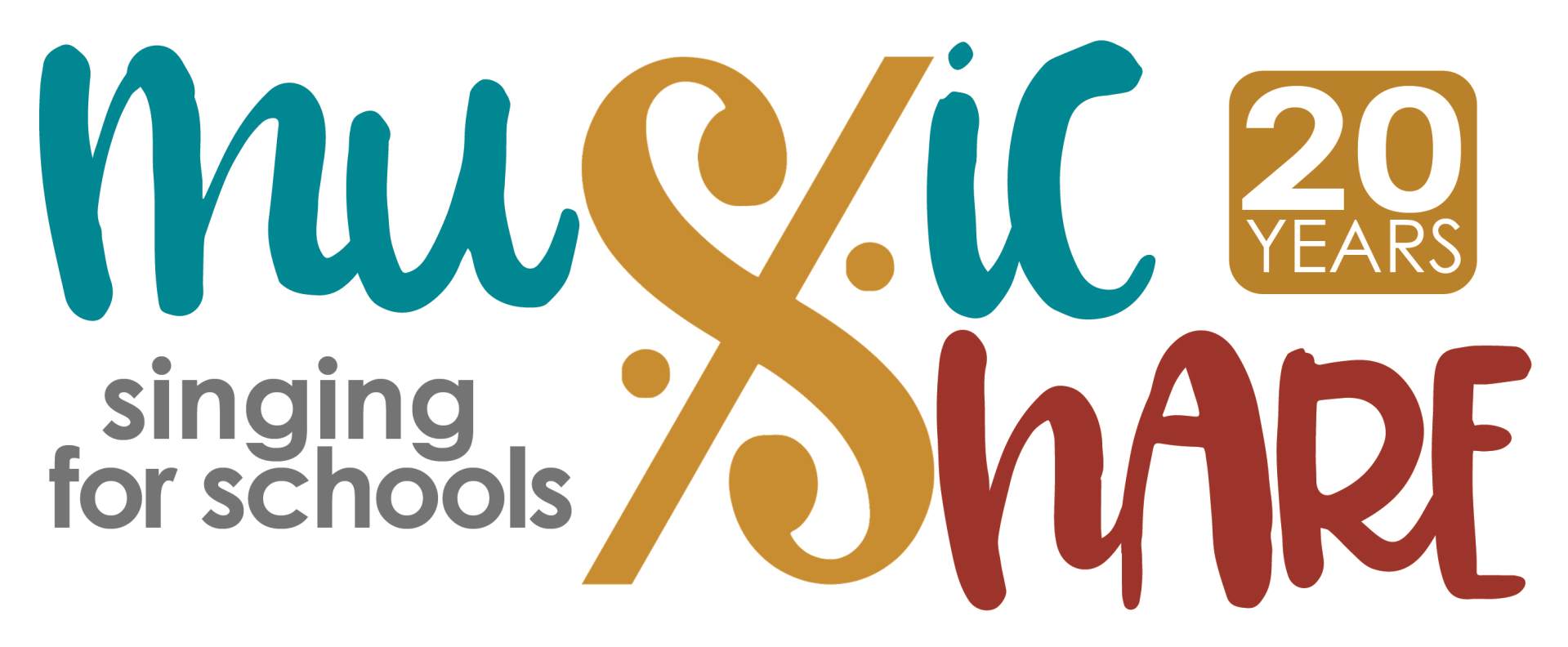Value of diversity and inclusion
During Refugee Week (17-23 June), I was thinking about the value of diversity and inclusion - at school, in the workplace, in communities. A healthy variety of people from different backgrounds and cultures provides a balance of voices and diversity of thought that we need, and can have a huge impact on schools and businesses in the short and long term.
Greater innovation and creativity: Having a learning environment filled with pupils from different backgrounds, education systems, skills, experiences and knowledge increases our capacity for innovative and creative ideas.
Diversity provides a range of skills and wider perspectives that are invaluable when fostering a creative environment, brainstorming new strategies and learning how to problem-solve. A diverse team is less likely to fall into 'groupthink' and will be more productive through better communication and greater empathy. This is one of the reasons why we encourage team-based activities during lessons, enabling students to learn from one another and gain a broader understanding of the world.
Working together breaks down stereotypes and fosters a more inclusive and tolerant society, reducing discrimination bias and preparing pupils for the real world. At a personal level, it encourages a sense of belonging and acceptance, positively impacting pupils' social and emotional development.
As teachers, we model inclusive language and use a diverse range of images and characters in examples and topics of study. We seek inspiration from different cultures and genres; we incorporate diverse materials in literature, art and historical narratives. Open discussions of diversity and encouraging pupils to share their perspectives educates everyone and reminds us why is it so important to value and celebrate each other's differences.
Inclusion requires ongoing education, self-reflection, and open-mindedness. It acknowledges that biases and exclusionary practices can exist, even unintentionally, and encourages us to learn, grow and adapt our behaviours accordingly. A culture of inclusion is vital to ensure that the school is a welcoming and supportive environment where every pupil and staff member can thrive, and diversity in the classroom leads to pupils' increased cultural understanding, stronger critical thinking skills and enhanced creativity, which all better prepare them for adulthood.
Inservi Deo et laetare
Sue Hannam, Headteacher














